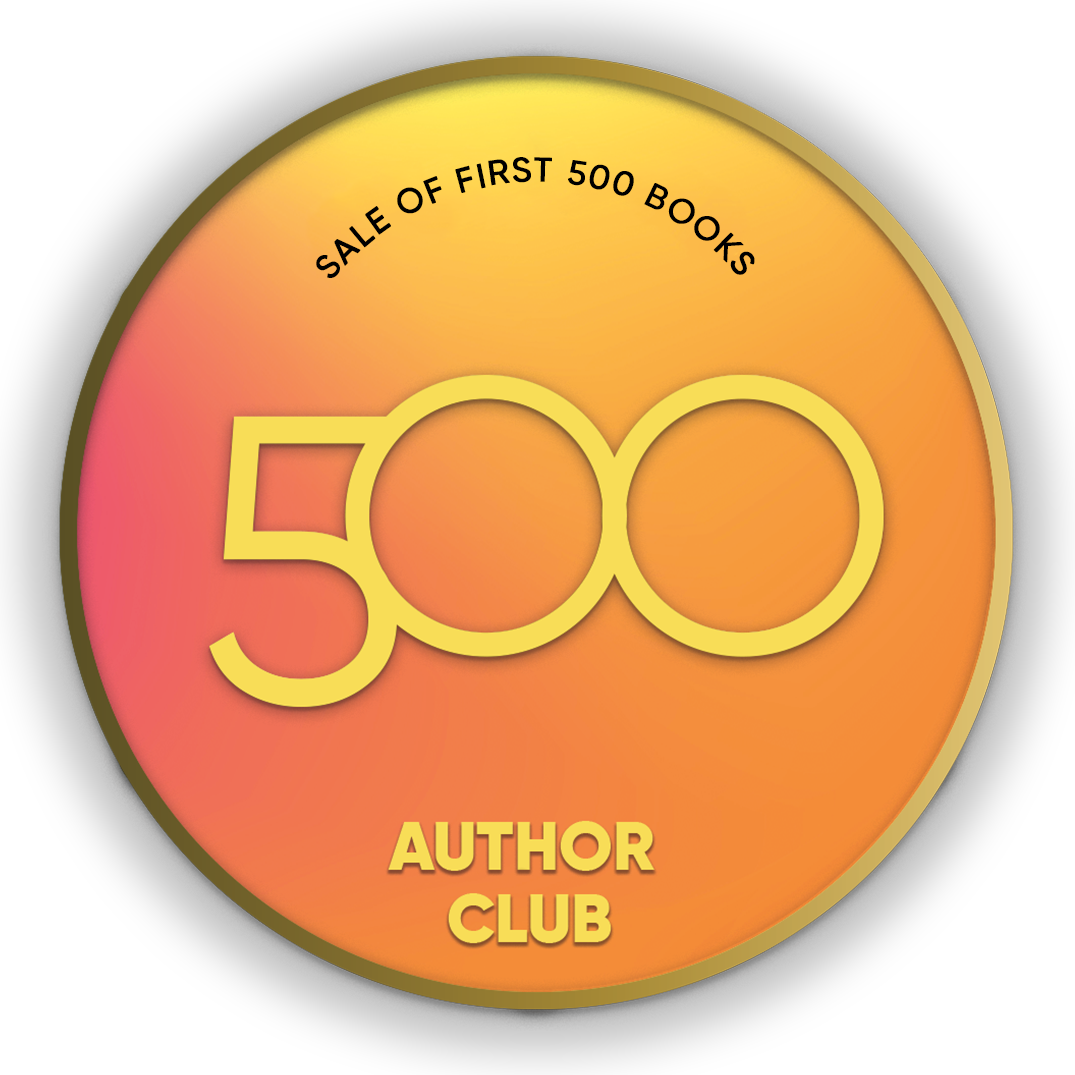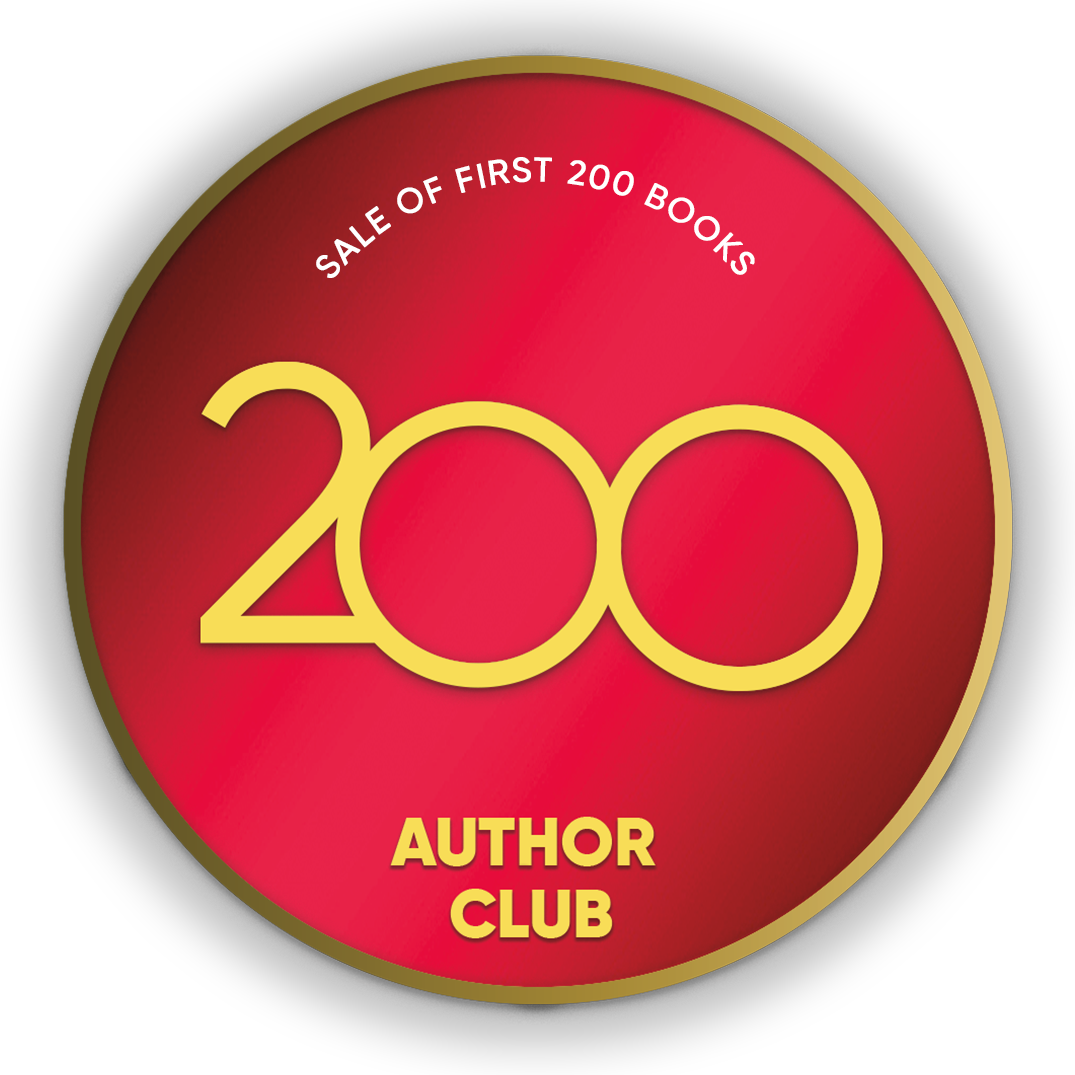What They Don't Teach you at IITs and IIMs!
Books by Dr Mukesh Jain
In the bustling realm of education, certain institutions have emerged as iconic hubs of intellectual rigor and unparalleled prestige. Among these, the Indian Institutes of Technology (IITs) and the Indian Institutes of Management (IIMs) shine brightly, revered as beacons of academic excellence and incubators of future leaders. These institutions, known for their rigorous curriculum and high-achieving students, have long been associated with the pursuit of tech
Seeds of Happiness
Books by Dr. Mukesh Jain
Seed is an extremely important metaphor!
We are all seeds! We all carry inside us a lot of seeds! Seed is a symbol of potential, life, and growth.
A beautiful blossom already exists within a flower seed, even before it is planted. With the right mixture of soil, sunlight, and rain, the flower’s colour, scent, and form naturally emerge in their fullest expression. It is also true that flowers and trees grow toward the light. They seek it out,
A Happier You
Books by Dr. Mukesh Jain
All of us want to be happy. Whether our dreams are about professional success, spiritual fulfilment, a sense of connection, a purpose in life, or love , we cover those things since we believe that they will make us happier. We think, if I just get that raise, or hit that next sales target, I shall be happy. If I can just get that next good grade, I will be happy. If I lose those five pounds, I will be happy and so on. Success comes first, then happiness. The o




















